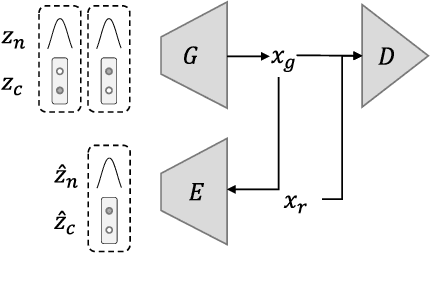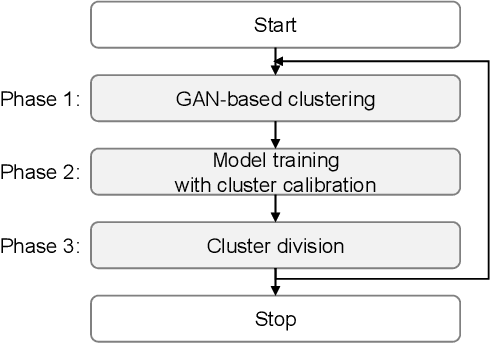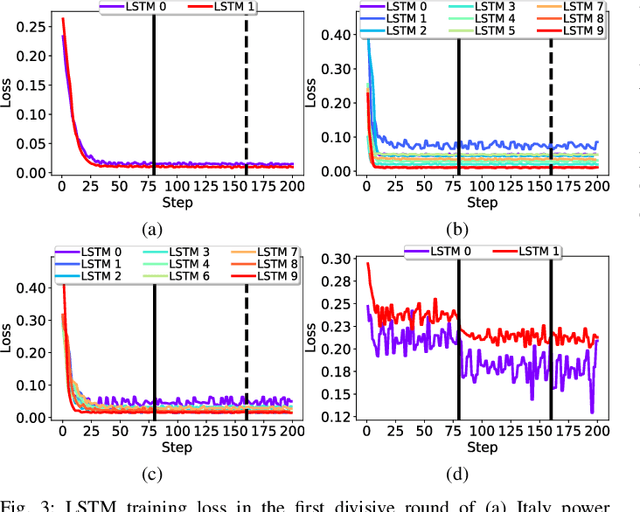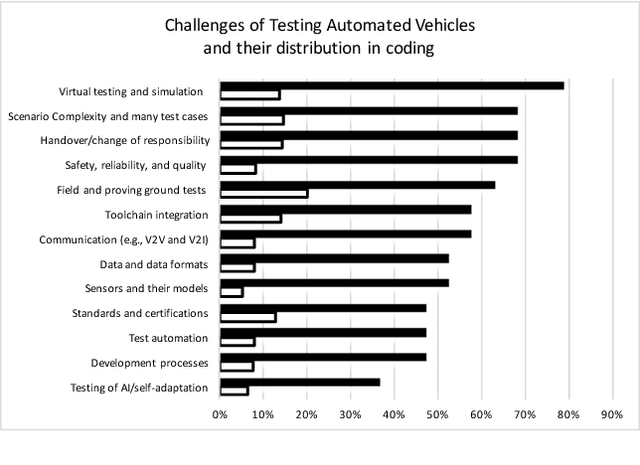Henrik Eriksson
Dynamic Clustering in Federated Learning
Dec 07, 2020



Abstract:In the resource management of wireless networks, Federated Learning has been used to predict handovers. However, non-independent and identically distributed data degrade the accuracy performance of such predictions. To overcome the problem, Federated Learning can leverage data clustering algorithms and build a machine learning model for each cluster. However, traditional data clustering algorithms, when applied to the handover prediction, exhibit three main limitations: the risk of data privacy breach, the fixed shape of clusters, and the non-adaptive number of clusters. To overcome these limitations, in this paper, we propose a three-phased data clustering algorithm, namely: generative adversarial network-based clustering, cluster calibration, and cluster division. We show that the generative adversarial network-based clustering preserves privacy. The cluster calibration deals with dynamic environments by modifying clusters. Moreover, the divisive clustering explores the different number of clusters by repeatedly selecting and dividing a cluster into multiple clusters. A baseline algorithm and our algorithm are tested on a time series forecasting task. We show that our algorithm improves the performance of forecasting models, including cellular network handover, by 43%.
Paving the Roadway for Safety of Automated Vehicles: An Empirical Study on Testing Challenges
May 09, 2017



Abstract:The technology in the area of automated vehicles is gaining speed and promises many advantages. However, with the recent introduction of conditionally automated driving, we have also seen accidents. Test protocols for both, conditionally automated (e.g., on highways) and automated vehicles do not exist yet and leave researchers and practitioners with different challenges. For instance, current test procedures do not suffice for fully automated vehicles, which are supposed to be completely in charge for the driving task and have no driver as a back up. This paper presents current challenges of testing the functionality and safety of automated vehicles derived from conducting focus groups and interviews with 26 participants from five countries having a background related to testing automotive safety-related topics.We provide an overview of the state-of-practice of testing active safety features as well as challenges that needs to be addressed in the future to ensure safety for automated vehicles. The major challenges identified through the interviews and focus groups, enriched by literature on this topic are related to 1) virtual testing and simulation, 2) safety, reliability, and quality, 3) sensors and sensor models, 4) required scenario complexity and amount of test cases, and 5) handover of responsibility between the driver and the vehicle.
 Add to Chrome
Add to Chrome Add to Firefox
Add to Firefox Add to Edge
Add to Edge